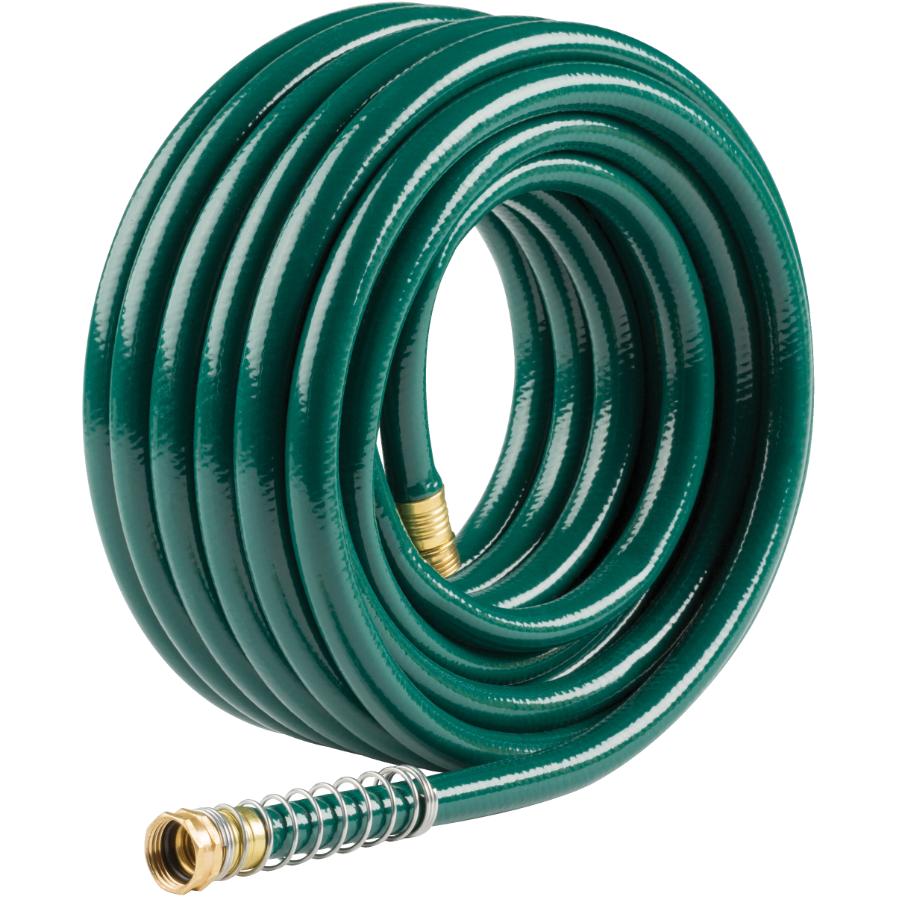Durable PVC Flat Hose Pipe for Efficient Water Transfer and Easy Storage Solutions
The Benefits and Uses of PVC Flat Hose Pipes
PVC flat hose pipes have gained immense popularity in various industries due to their versatility, durability, and cost-effectiveness. Made from polyvinyl chloride (PVC), these hoses are designed to be lightweight, flexible, and resistant to a range of environmental conditions, making them a preferred choice for many applications.
Understanding PVC Flat Hose Pipes
PVC flat hose pipes are characterized by their flat design, which allows for easy storage and transportation. Unlike traditional round hoses, flat hoses can be coiled up tightly, taking up significantly less space. This feature makes them ideal for situations where storage space is limited. They are commonly used in agriculture, construction, industrial applications, and household tasks.
Advantages of PVC Flat Hose Pipes
One of the primary benefits of PVC flat hose pipes is their exceptional resistance to chemicals and UV light. This makes them suitable for use in agricultural settings where fertilizers and pesticides are applied. Additionally, their low-temperature flexibility allows them to work well in various climates, thereby enhancing their usability across different geographic locations.
Another advantage is their lightweight nature. Compared to metal or rigid plastic pipes, flat hoses are significantly easier to maneuver, which is particularly beneficial for tasks that require frequent repositioning. This lightweight quality also means that they can be installed quickly and without the need for heavy machinery, reducing labor costs and saving time.
Moreover, PVC flat hose pipes are environmentally friendly compared to many other types of hoses. They can often be recycled and repurposed once they have reached the end of their useful life. This aligns with the growing trend towards sustainability and eco-friendly practices across various industries.
pvc flat hose pipe

Applications of PVC Flat Hose Pipes
Due to their myriad of benefits, PVC flat hose pipes are utilized in a variety of applications. In agriculture, they are often used for irrigation and transferring water from one location to another. Their design allows them to easily cover large areas, ensuring efficient water distribution in fields and gardens.
In the construction industry, flat hoses are frequently employed for dewatering purposes. They can be used to drain excess water from construction sites or excavations, facilitating timely project completion. Their ability to withstand environmental stressors makes them reliable for such demanding tasks.
Industrial operations also benefit greatly from PVC flat hose pipes. They are used to transport liquids, gases, and even granular materials. Their chemical resistance ensures that they can handle a wide array of substances without degradation, which is vital for maintaining safety and efficiency in industrial processes.
Household uses are also prevalent; from garden watering to draining swimming pools, PVC flat hoses provide a versatile solution for everyday tasks. Their ease of use and maintenance-free characteristics make them a popular choice among homeowners.
Conclusion
PVC flat hose pipes represent a significant innovation in the realm of tubing and piping solutions. With their lightweight construction, chemical resistance, and space-saving design, they offer practical benefits across a wide range of applications. As industries continue to evolve, the demand for efficient, durable, and environmentally-friendly solutions like PVC flat hose pipes is likely to grow, solidifying their place as a staple in agricultural, industrial, construction, and household settings. Investing in high-quality PVC flat hose pipes can ensure optimal performance, making tasks simpler and more efficient for users everywhere.
-
Top Quality Oxy Acetylene Hoses for Sale Fit for Welding DemandsNewsJul.28,2025
-
The Future of Pneumatic Air Tubes in IndustryNewsJul.28,2025
-
Superior and Reliable LPG Hose Pipe Solutions for Every NeedNewsJul.28,2025
-
Exceptionally Durable and Versatile Premium Braided PVC TubingNewsJul.28,2025
-
Best Adapters for Connecting Garden Hose to PVC Pipe ConnectionsNewsJul.28,2025
-
The Essential Role of LPG Hoses in Safe and Efficient Gas DistributionNewsJul.16,2025














